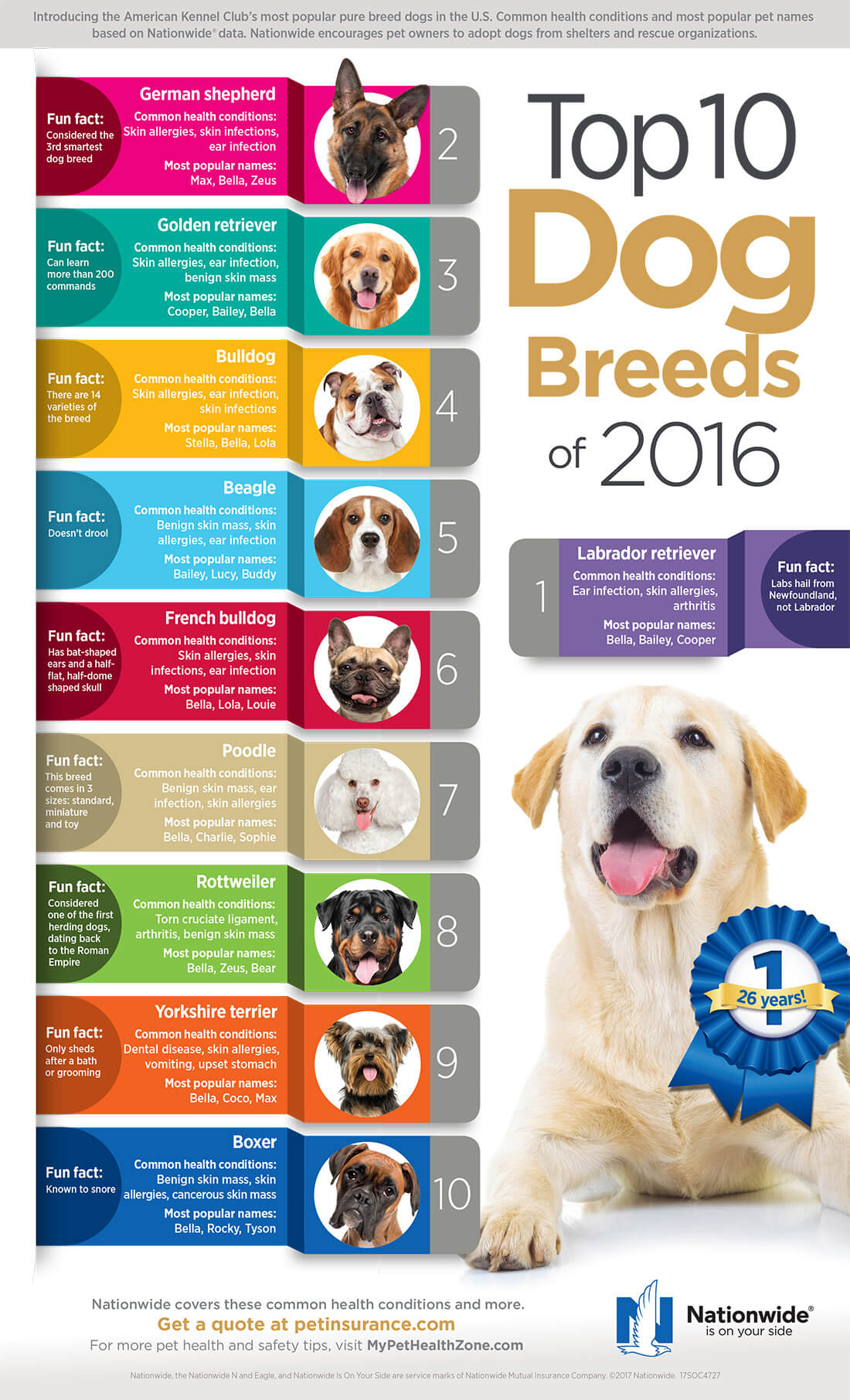Why Dogs Get Expelled From Daycare
Why Dogs Get Expelled From Daycare
Blog Article
Can Pet Daycare Reason Ailment?
Pet dogs in day care receive lots of workout, socializing with various other pet dogs and distinct experiences. This can be particularly handy for pups and canines with behavioral concerns.
There are numerous lawful factors to consider you need to consider when beginning a dog childcare business. These include the structure of your company and compliance with government guidelines.
1. Dog Distemper
Canine distemper is spread out via straight contact with the bodily fluids and waste of an infected dog, however it can likewise be transferred using common water and food bowls or through air-borne droplets. This highly contagious disease is most harmful for puppies, however it can affect pet dogs of any type of age and is deadly for the majority of if left unattended.
Initial symptoms of canine distemper frequently imitate a cold, including drippy eyes and nose with watery or pus-like discharge. As the illness advances, a canine will develop fever, coughing, reduced appetite, throwing up and looseness of the bowels. The infection can additionally strike the nerve system, leading to seizures, jerking and partial or total paralysis.
Credible childcares minimize direct exposure to infection by needing inoculations, routine health examinations and comply with strict hygiene protocols. If your pup seems extremely weary or hopping, a day off might assist him recuperate, however you ought to avoid taking him back to daycare till these signs and symptoms clear.
2. Kennel Coughing
Kennel coughing, likewise known as infectious canine tracheobronchitis or Bordetella, is a highly transmittable viral or microbial illness that impacts the breathing tract. It's commonly moved with the exchange of saliva or air droplets that an ill dog exhales. Social pets go to higher risk for infection due to their frequent communication with each other, such as when they play, share food or water, sniff one another or merely fulfill in a congested atmosphere like a dog park or daycare.
One of the most typical sign of kennel cough is a relentless and strong cough that sounds like something embeded the throat or retching. Usually, pet dogs will cough up foamy white phlegm. If left unattended, a pet can create pneumonia and be at serious risk permanently.
A credible day care facility must have stringent cleaning and hygiene protocols, disinfect all toys, food and water bowls consistently, and be open concerning their vaccination policies. Maintaining your pet dog as much as date on their inoculations, particularly for bordetella and canine influenza, will substantially minimize their possibilities of getting the health problem.
3. Parvovirus
Canine parvovirus, or parvo, is an extremely contagious viral ailment that can be dangerous for puppies and young person canines with poor body immune systems. It's most typically spread out by straight contact with infected pet dog feces-- which can happen when pets sniff, lick, or taste contaminated feces-- and indirectly from contaminated people, objects, or settings (like kennels, grooming spaces and lawns). Pups and pet dogs without complete inoculation backgrounds are particularly susceptible to parvo.
The infection is incredibly resistant, surviving in the setting for as much as 9 years, and can quickly be moved between pets by get in touch with via feces or on shoes, apparel, and bed linen infected with parvovirus. If not dealt with right away with IV fluids, electrolyte balance, throwing up control medications and prescription antibiotics to prevent additional microbial infections, a canine will swiftly dehydrate and create severe looseness of the bowels, which leads to shock and blood poisoning. Parvo is difficult to treat once a pet dog has actually become ill, yet with suitable vet care, lots of puppies do survive this ailment.
4. Dog Flu
Canine influenza infection is highly infectious and spreads via direct call, sharing food and water bowls, licking or nuzzling other pet dogs, via airborne droplets, and via contaminated surface areas. Inoculation is effective in lowering the risk of infection and break outs.
The majority of affected pet dogs create a mild breathing infection with a coughing that lasts 1-3 weeks. They might also have nasal and eye discharge, sneezing, and sleepiness. Some of the most severe cases result in pneumonia and a high fever.
If your pet dog shows any of these signs, do not bring them back to childcare until they are healthy and balanced. If your pet is showing indications of severe exhaustion or hopping, speak with your vet today and make sure they are on healthiness supplements to help build their resistance. A vet will assess luxury dog boarding kennels your dog for signs of the influenza by taking an example from the nose or throat, and blood examinations can be done to confirm.